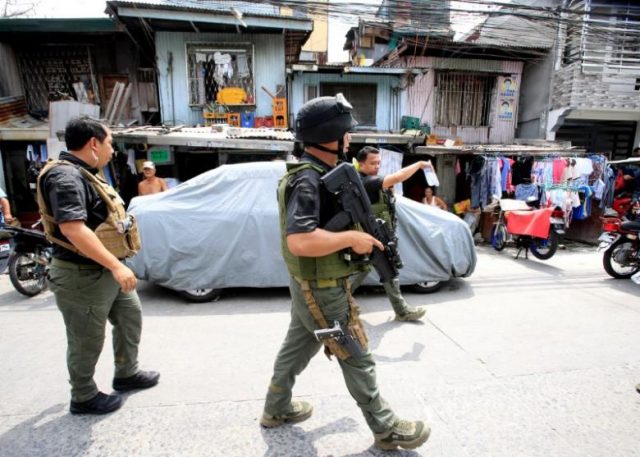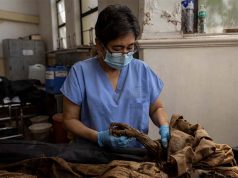
MANILA – A second Philippine senator has called for an investigation into police conduct after a Reuters report revealed anti-drug squads were sending the bodies of slain suspects to hospital to destroy crime scenes and cover up executions.
A resolution, filed by opposition senator Leila de Lima on Thursday, is the second such request in less than a week and puts the Senate under increasing pressure to act.
The chairman of the Senate Committee on Public Order and Dangerous Drugs, former police chief Panfilo Lacson, told Reuters on Monday he would launch an investigation and invite witnesses named in the article to testify under oath. The Senate reconvenes at the end of July.
De Lima’s chief of staff, Fhillip Sawali, said the two separate calls for a probe showed the gravity of the matter. “It sends a clear message that this is something that is serious, that is worthy of the conduct of a Senate investigation,” Sawali told Reuters.
President Rodrigo Duterte’s office has yet to comment on the Senate moves.
Thousands have died since Duterte came to power a year ago and declared war on what he called the drugs menace.
The Reuters report, published on June 29, drew on data from two of Metro Manila’s five police districts for the first eight months of the drug war along with interviews with witnesses, family members, doctors and police.
It detailed how the Philippine National Police had sent hundreds of dead drug suspects to hospital after anti-drug operations. It showed that the proportion of drug suspects sent to hospital only to be declared dead on arrival rose in step with international and domestic criticism of the drug war.
One police officer who spoke on condition of anonymity explained that the practice of sending drug war corpses to hospital was a tactic to avoid crime scene investigations and media attention.
Interviewed for the report, Metro Manila Police Chief Oscar Albayalde promised to investigate its findings. National Police Chief Ronald dela Rosa, who declined to be interviewed for the article, said later that the police lack the medical training to determine if a suspect is dead or alive.









